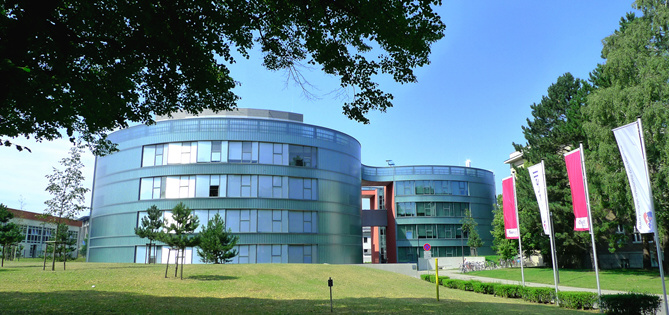Viruses. 2014 Apr 2;6(4):1540-63.
Peptide-based technologies to alter adenoviral vector tropism: ways and means for systemic treatment of cancer.
Reetz J, Herchenröder O, Pützer BM.
Due to the fundamental progress in elucidating the molecular mechanisms of human diseases and the arrival of the post-genomic era, increasing numbers of therapeutic genes and cellular targets are available for gene therapy. Meanwhile, the most important challenge is to develop gene delivery vectors with high efficiency through target cell selectivity, in particular under in situ conditions. The most widely used vector system to transduce cells is based on adenovirus (Ad). Recent endeavors in the development of selective Ad vectors that target cells or tissues of interest and spare the alteration of all others have focused on the modification of the virus broad natural tropism. A popular way of Ad targeting is achieved by directing the vector towards distinct cellular receptors. Redirecting can be accomplished by linking custom-made peptides with specific affinity to cellular surface proteins via genetic integration, chemical coupling or bridging with dual-specific adapter molecules. Ideally, targeted vectors are incapable of entering cells via their native receptors. Such altered vectors offer new opportunities to delineate functional genomics in a natural environment and may enable efficient systemic therapeutic approaches. This review provides a summary of current state-of-the-art techniques to specifically target adenovirus-based gene delivery vectors.

Kontakt
Institut für Experimentelle Gentherapie und Tumorforschung
Core-Facility Virale Vektor & Genom-Editing Technologien
Biomedizinisches Forschungszentrum
Schillingallee 69
D-18057 Rostock
Sekretariat
Ingrid Winkler
(+49) 381 494-5066(+49) 381 494-5062
ingrid.winkler@med.uni-rostock.de
Department Leben, Licht & Materie
Forschungsbau LL&M
Albert-Einstein-Str. 25
D-18059 Rostock
Forschungsbau LL&M
Albert-Einstein-Str. 25
D-18059 Rostock




